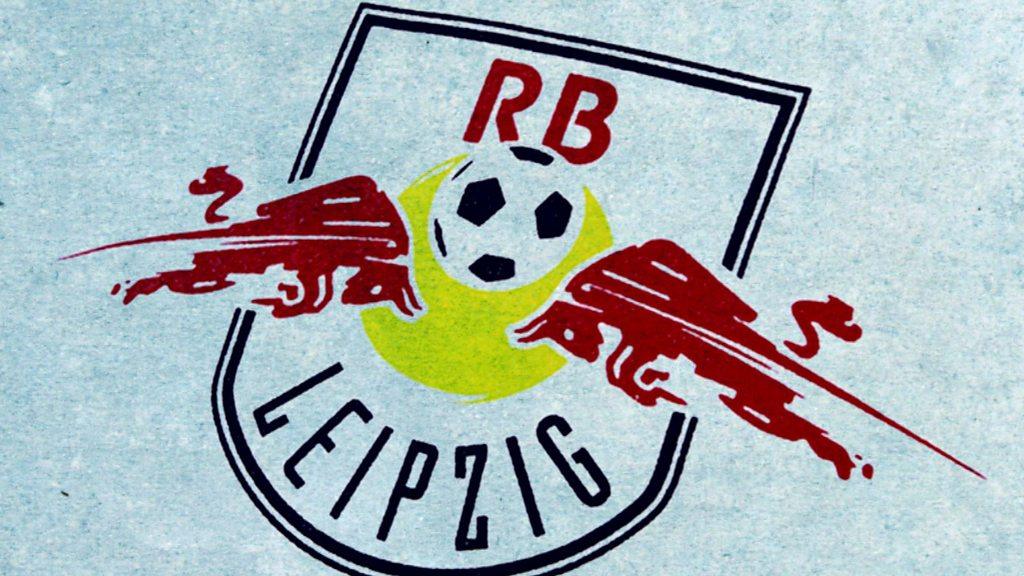Germany's most hated club RB Leipzig hit by stones and insults
- Published
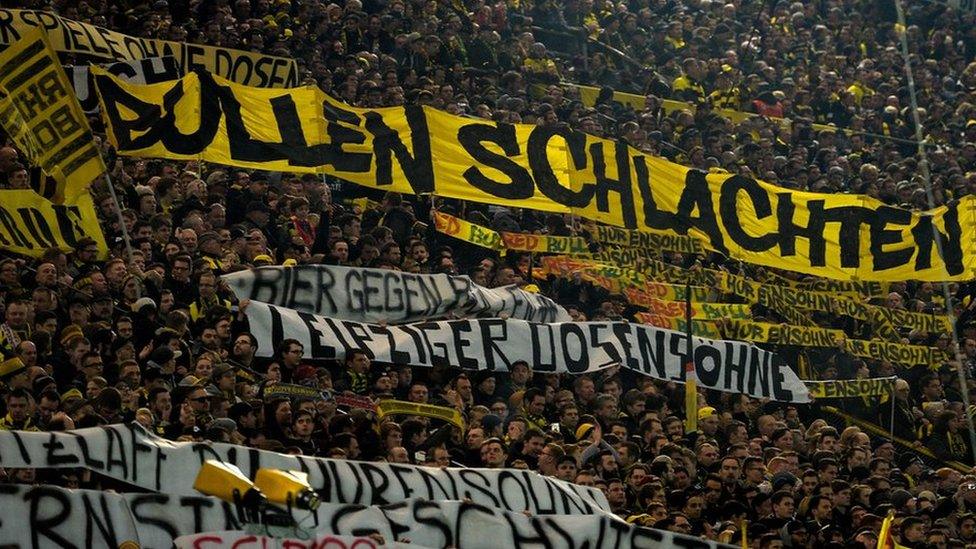
"Slaughter bulls" and other banners appeared during Saturday's game in Dortmund
Football hooliganism is nothing new in Germany, but when violence broke out before a Bundesliga match between two of the top clubs, this was something different.
The stones and bottles thrown and the hate banners displayed by Borussia Dortmund supporters on Saturday exposed a widespread loathing in Germany for a team seen as upstarts, RB Leipzig.
The club is challenging for Champions League football in its first ever season in the top flight. The hatred is because of the way they are wholly owned by one company, Red Bull.
A wall of hatred was on view: "Slaughter the bulls", "Red Bull, enemy of football" were some of the milder slogans used.
Families came under attack, and six fans and four police were hurt. One top football official Max Eberl said the violence was sick: "Whether you like RB Leipzig or not, it shouldn't get out of hand."
Why the hatred?
Dortmund's fans are not alone.

One tabloid newspaper, the Berliner Kurier, even refused to print the club's name a few weeks ago, using the insulting term "Dosenverkauf" (Can-sellers) in their Bundesliga table.
Selling drinks is the core business of RB's owner, Red Bull, and there have been plenty more insults since the company bought a team in the Leipzig suburbs in 2009 and oversaw four promotions in seven seasons.
Listen to Tim's BBC World Service programme here: The Rise of RB Leipzig
The vitriol derives from RB's ownership model. Traditionally German football clubs are run without a single, rich investor.
It is the members who must control a majority of the shares in the entity that owns the team. But RB Leipzig has only 17 members. It follows the letter of this law, but not its spirit.
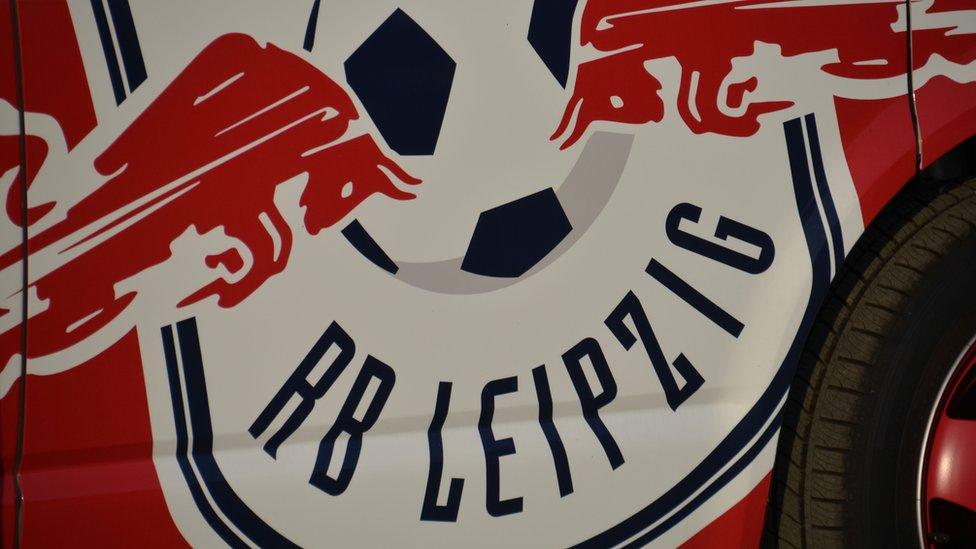
RB Leipzig have risen to the top flight in seven seasons
Among the club's biggest critics is the chief executive at Borussia Dortmund, Hans-Joachim Watzke. "It's a club built to push up the revenues for Red Bull and nothing else," he says.
Read more on RB Leipzig here: RB Leipzig's rapid rise 'no fairytale'
Andreas Bischof, whose blog in Leipzig pokes fun at the new club, goes further.
"This club is not owned or sponsored by a company, this club is like an outlet of a company," he says. "It's a whole new level of using sports as a marketing vehicle."
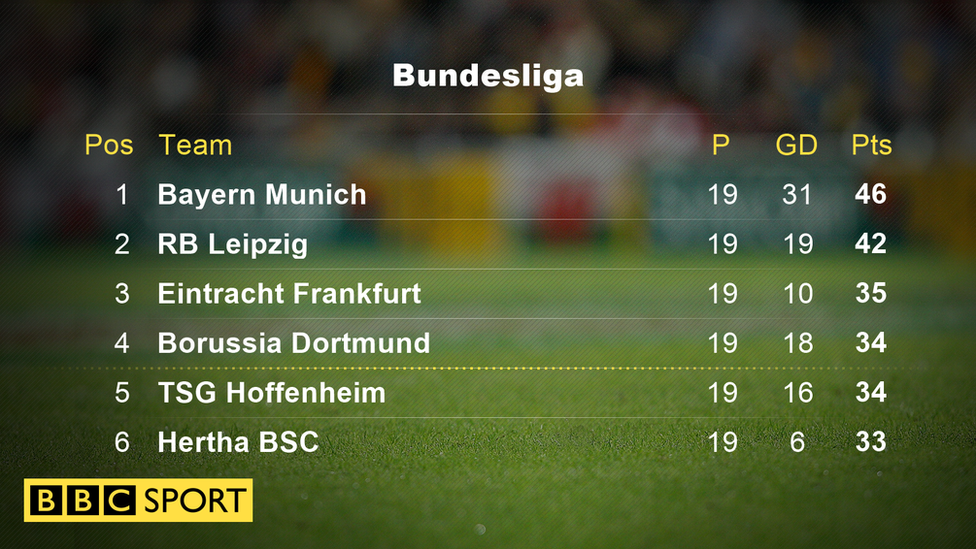
But others argue that RB Leipzig is just what the city and surrounding region need. There has been little Bundesliga football in the former East Germany since unification in 1990.
"Football is a business that needs an enormous amount of money," says Martin Machowecz from weekly newspaper Die Zeit. "And here's someone who's come along, got involved and made sure that we've now reached the same standard as in West Germany in an area of society that's important."
Leipzig's football tradition
What RB as a club lacks in sporting history, its home city and its stadium provide.
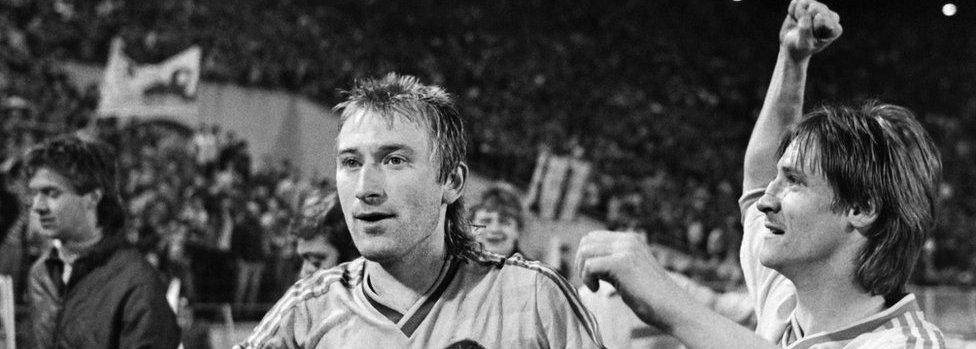
Lokomotive Leipzig beat Bordeaux on penalties in the 1987 Uefa Cup Winners' Cup semi-final but lost to Ajax in the final
The German Football Association, the DFB, was founded there
In 1903 VfB Leipzig became the first German champions
The stadium was built in the 1950s partly from World War Two rubble
With seating for 100,000 the Zentralstadion was the largest in the whole of Germany
East Germany played many international matches, there as did Lokomotive Leipzig
Lokomotive Leipzig became a household name when they beat Bordeaux in a penalty shoot-out to qualify for the final of the Uefa Cup Winners' Cup in 1987. The goalkeeper saved two penalties before stepping up to score the winner.
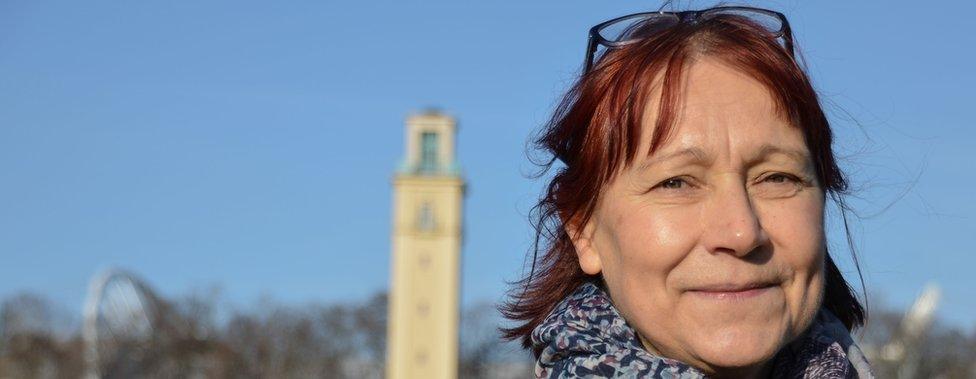
Gerlinde Rohr looks back fondly on Lokomotive Leipzig's biggest moment in 1987
Gerlinde Rohr, now director of the Leipzig Sports Museum, was among the reported 110,000 in the stadium that night. "I was there with a school mate and after Rene Mueller scored his goal I jumped on the seat and we embraced each other," she remembers.
The Zentralstadion fell into disuse after unification but was given a new lease of life by the 2006 World Cup. The oval embankment of the old stadium was retained and a new stadium built inside it. It's now called the Red Bull Arena.
How did RB Leipzig rise so fast?
Many see the appointment of Ralf Rangnick as the turning point for RBL, who had spent two frustrating seasons in the fourth tier before his arrival in 2012. As sports director and, for a brief period, trainer, he oversaw three promotions in four seasons.
Ralf Rangnick's key to success is youth.
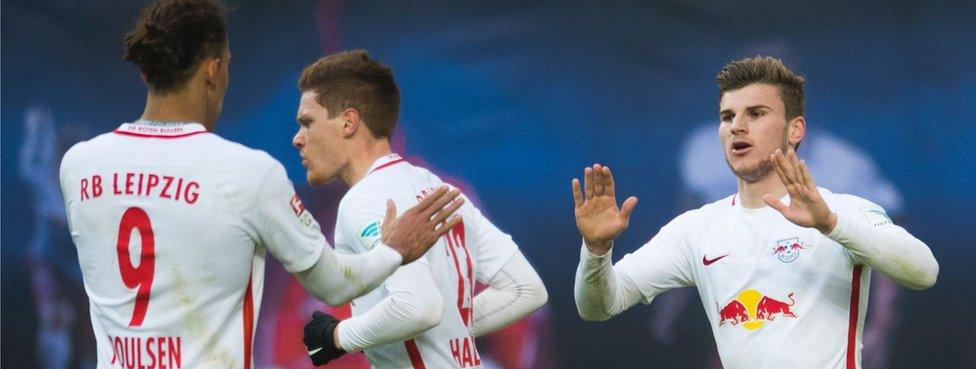
Timo Werner, 20 (R), is RBL's top scorer this season
He likes to buy players who may never previously have had a professional contract and his squad is the youngest in the Bundesliga, with an average age of a little over 23.
In his eyes, young players are hungrier for success and fit his playing philosophy.
In Leipzig they place huge emphasis on pressing the other team high up the pitch and winning the ball in the opponent's half. "Even if you're the best player in the world and you're being attacked by three players, you lose the ball," he says.
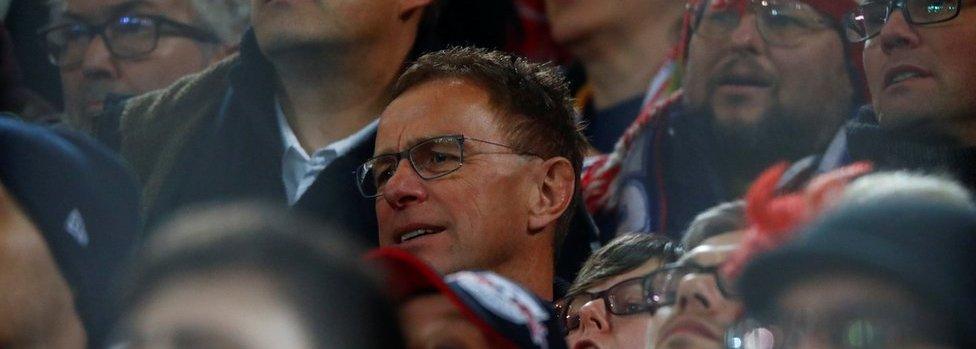
Ralf Rangnick (C) watched Saturday's match at Dortmund with the club's supporters
Ralf Rangnick also believes in the club's controversial ownership model. "What do you need members for? I'm more interested in the number of supporters we have," he says.
As for suggestions that Red Bull's owner Dietrich Mateschitz plays a big role in the way the club is run, the sports director says they meet and speak on the phone a handful of times every year.
But what of the complaint that RB Leipzig is merely a vehicle for selling cans of energy drinks?
"For us it is completely unimportant," he says. "It's got nothing to do with what we do."
- Attribution
- Published9 December 2016
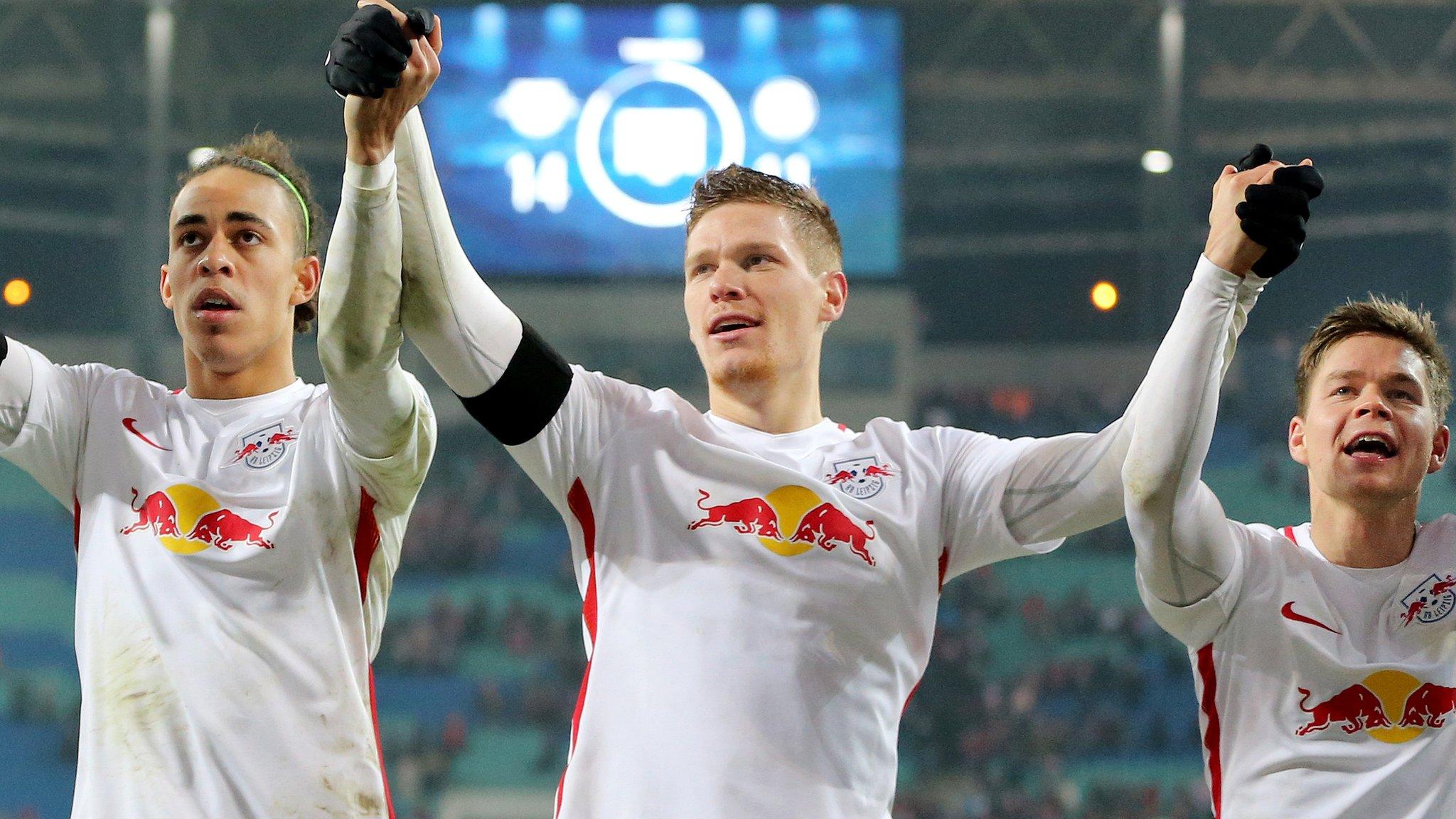
- Attribution
- Published27 October 2016
